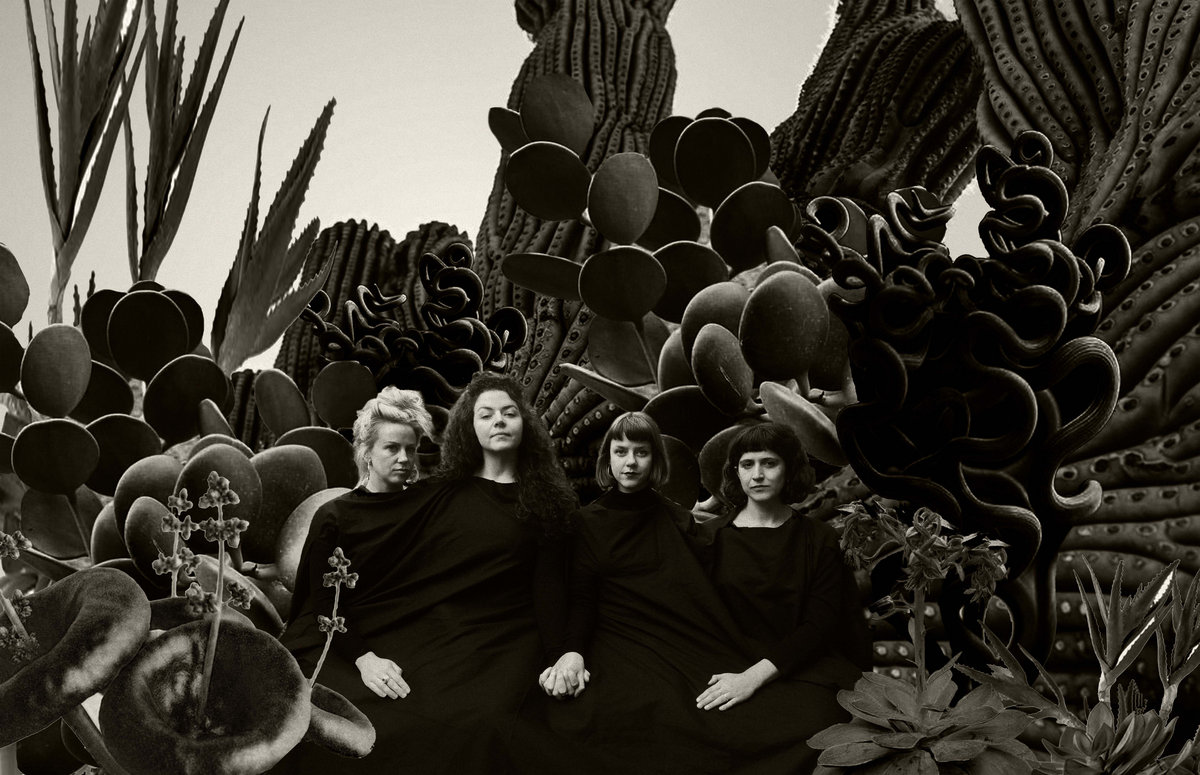

Landless
Their sound is entirely their own, revolving around their four female harmonies and a little, very spare instrumentation. But the power here lies in that sparseness, originally nurtured by the Shape Note tradition, where austerity offers richness.
Listen to the familiar “My Lagan Love,” for instance. Stripped of any excesses, it packs undiluted beauty and sorrow, as does their unusual take on “Blackwaterside,” a very different version from the one we normally hear, taken from the singing of Traveller Paddy Doran.
But when they do add a little, they do it subtly, like the pump organ played by member Ruth Clinton on “Death And The Lady,” which brings a sacred feel to an ancient song, or the clavichord at the end of “The Hag” (arranged by the band from a 1648 Rober Herrick poem), it imparting a curiously otherworldly feel to the music. That’s partly due to John ‘Spud’ Murphy’s production, adding some of the same sonic magic to Landless that he does to Lankum. He helps to create space for the voices to soar and weave together in such beautiful fashion.
The adornments are often simple, but always effective: a single soaring voice rising for a moment, the repeat of a single piano note to underpin “The Fisherman’s Wife.” Here and there, Cormac MacDiarmada (another Lankum connection) add ghosts of banjo and, tiny daubs of texture to shade the sound. Unsurrprisingly, most of the material comes from Ireland or Britain, but the closing track, “Ej Husari,” ventures into Eastern Europe, a sorrowful, heartbreaking piece from Slovakia. Yet it fits quite easily into the whole, a testament to that unique sound that the four women of Landless have created. Unlikely artists of several decades ago, groups like the glorious Planxty or the Bothy Band who brought traditional roaring Irish music back with a gleeful, rough energy and kickstarted a scene that’s lasted for years, today’s Irish folk band use that musical history as a springboard to venture into new, experimental territory. In their own way, Landless are part of that movement, more stars in the firmament.
Further reading and listening:
|